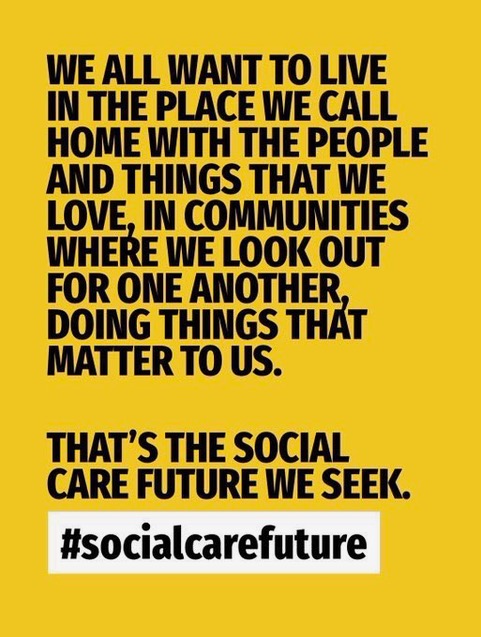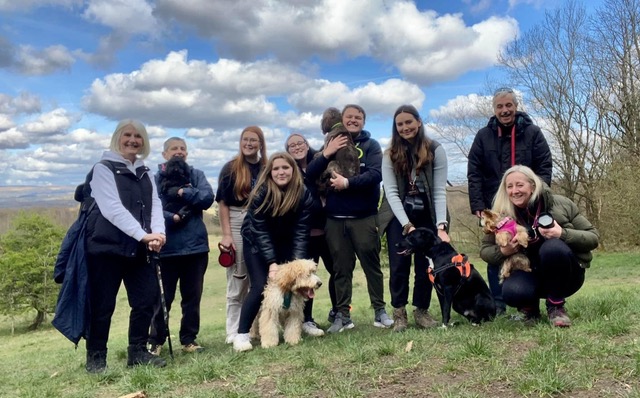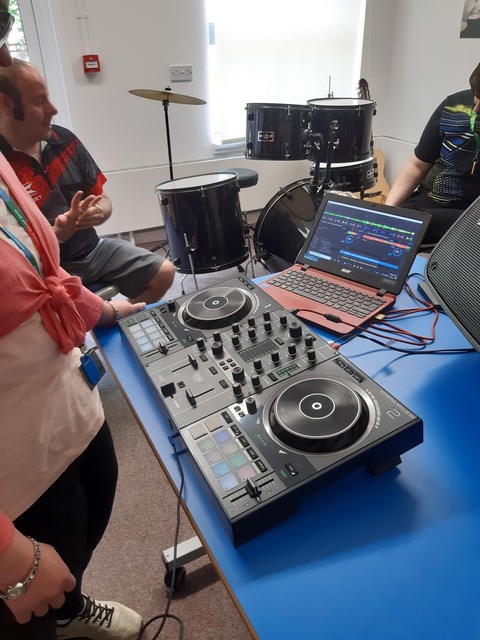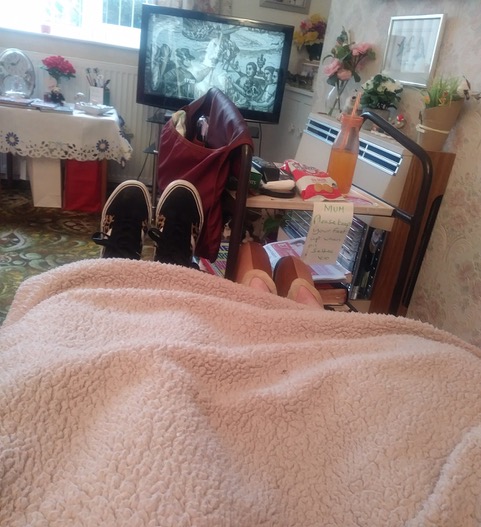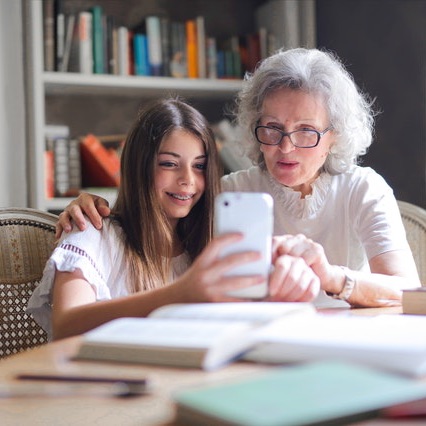by Max Neill
If you look at the people who have led change in the field of learning disabilities in Britain in the last 20 years, nearly all of them are either supported by a circle of support or are involved in somebody else’s circle. The leading figures know that circles work effectively to create change in people’s lives, and want circles in their own lives and in the circles of the people closest to them.
They know that circles are useful at connecting people into their communities, and that communities that are rich in circles become better connected and stronger because of the benefits that belonging to a circle bring to all its members.
However the total number of people who have an intentionally organised circle of support remains very small in the UK, compared with the number of people who might benefit from one.
This is why the ‘Community Circles’ organisation has come together. We’re a small group of people excited by the possibilities of spreading out circles more widely based in North West England.
We decided to think together about what helps circles work effectively, and about how we might be able to build circles on a much larger scale than exists currently. We held a big ‘Circles Convention’ in Lancashire last year, and will be holding another one with the support of PIPS in Stockport in November. We’ve also gathered evidence of the different ways circles have been used from round the world and shared this in papers we’ve written.
We’re building on the learning from the pioneers of circles, who began introducing circles in the UK over 20 years ago. We’re also using what we’ve learned about simplifying and sharing person centred approaches and tools at scale, and from techniques like ‘positive and productive meetings’.
We think one reason circles have not spread as far as they should have is the high demands organising a traditional circle has placed on facilitators (who are also often family carers). The typical image of a circle facilitator has been of somebody with huge charisma, able to pull together and motivate people, and with great skills in graphics and techniques like MAPS and PATH.
We asked ourselves “What if we both simplified the role of the facilitator, and gave them much more support, so that many more people can do it?”
We’re now trying to build a model that can be easily replicated anywhere in the country.
Our idea is that the facilitator will get training in how to hold the space of a circle, in values of person-centredness and inclusion, and in some basic person centred thinking tools.
They will be supported both by a wealth of written information helping them through the process, by our online Groupsite, and by a Circles Coordinator.
They will be able to ‘hold the space’ in circle meetings – Making sure circle members have a safe “soothing space” where even the most reticent feel that their views are welcome and using simple person centred thinking tools to generate actions.
Early in the process, where more complex planning such as MAP, PATH or a Person Centred Review is necessary, the circle would invite someone with specialist skills in the relevant planning style to help out, just for that one meeting. In the meetings that follow this, the circle facilitator would use tools like ‘working /not working’ to ensure that actions developed as part of the person’s plan are actually happening, and that the circle is learning with the person.
Facilitators will be paid for their time – meaning that a circle will be able to choose their facilitator, and change them if they wish to. It also means that circles can achieve continuity, rather than being ‘fireworks’ that begin with a dazzling burst of energy and enthusiasm but then fizzle out as the day-to-day tasks of administrating a circle become apparent. Finding ways to ensure that facilitators can be paid is one of the problems we are thinking together about. We’re hoping that in many areas personal budgets will be flexible enough to permit their use for this purpose. Up to now our work has been supported by the HSA Foundation and United Response.
It’s still early days for our group. A small number of new circles have been set up. (We think that facilitators should begin by facilitating a single circle, and would not ever facilitate more than two). As we go through the experience of facilitating these circles we’re collecting our learning together at each stage. We’re collecting this learning so that we can write up guidance about different stages in the process of building and facilitating a circle that will help future circles faciltators.
We’re developing our groupsite, our facebook page, our twitter account and our blog so that these can also be free resources that help spread circles as a practice. The aim is to create enough detailed information to enable our model to be picked up and replicated anywhere in the country, so that many more people benefit from the power of the Community Circle.

